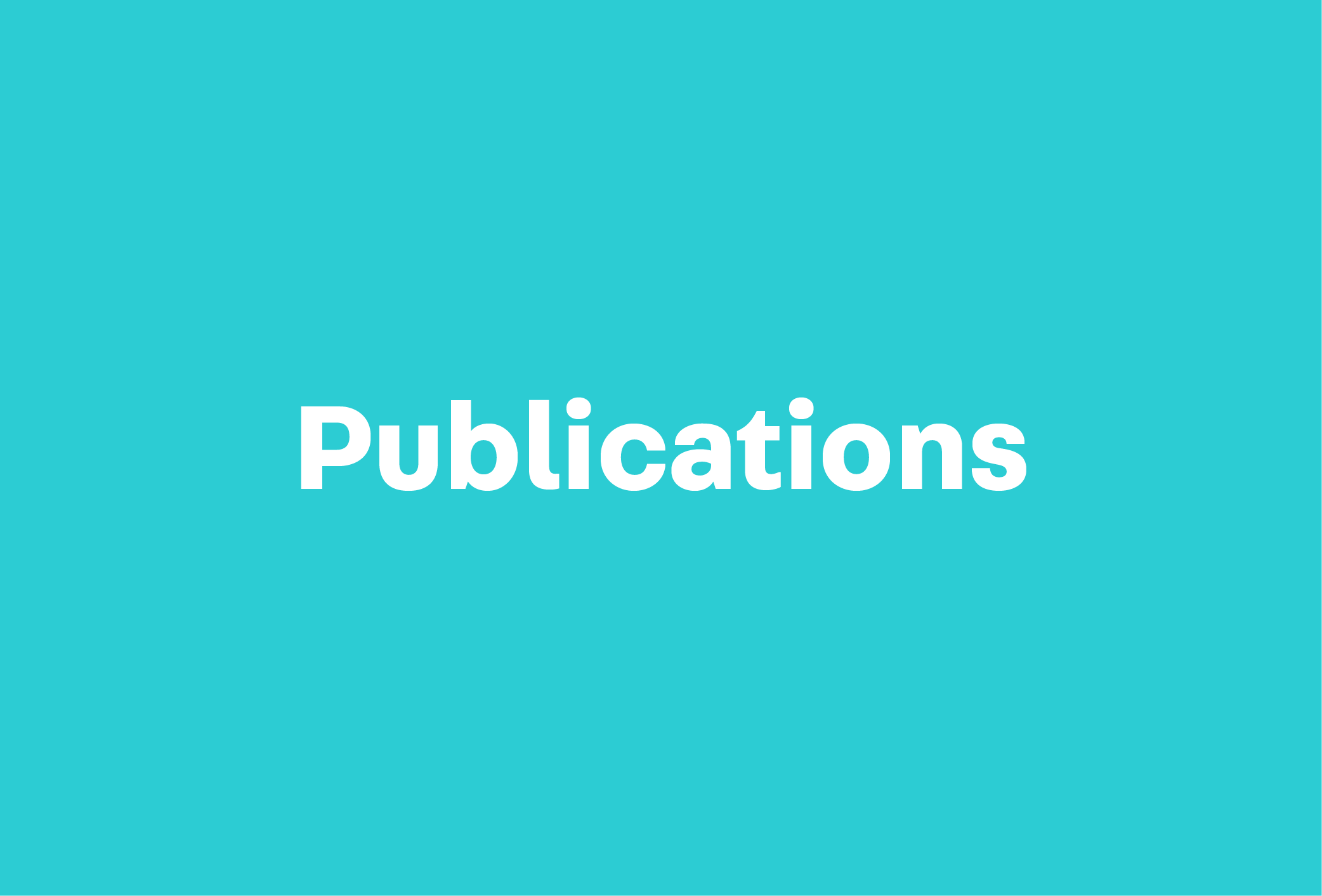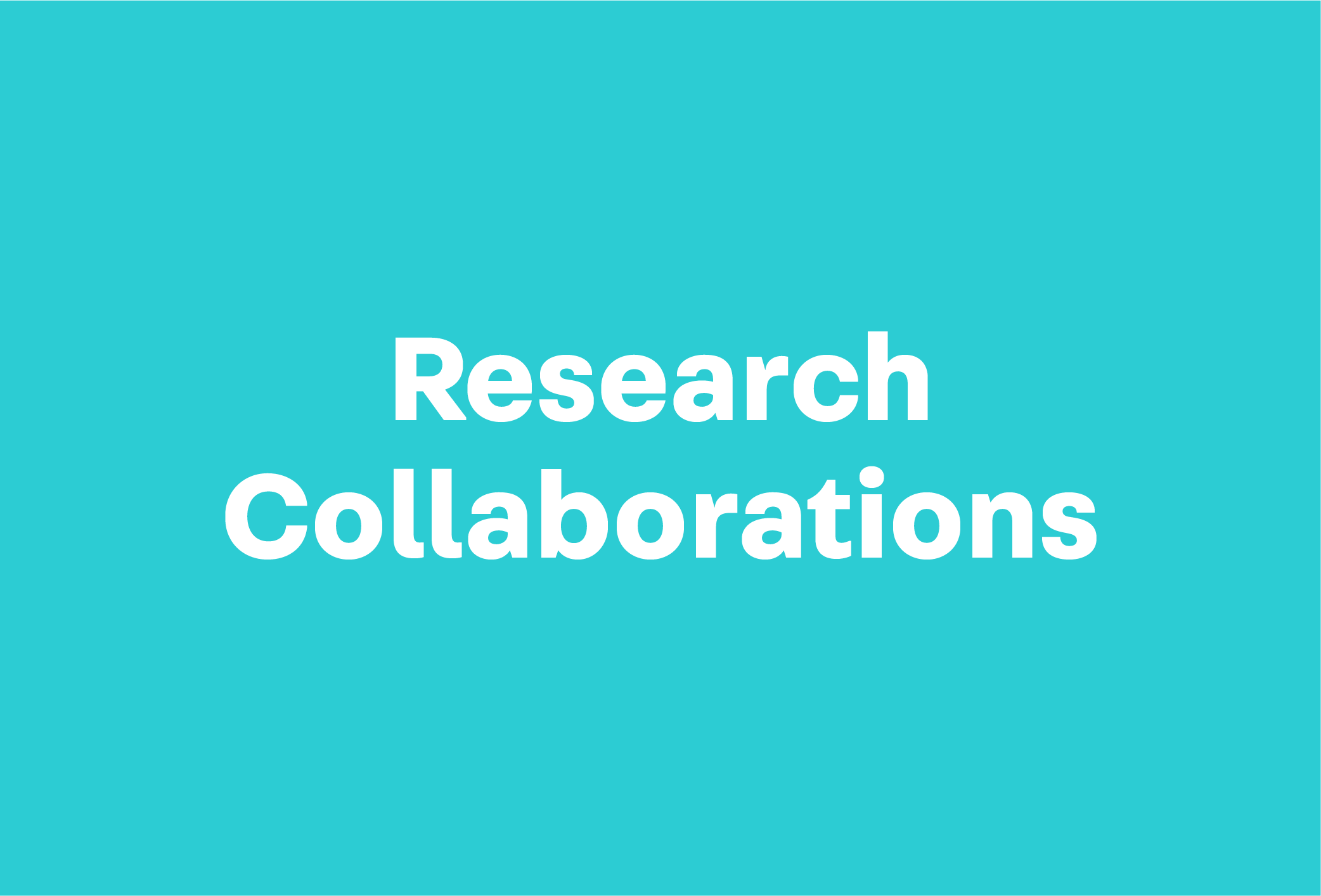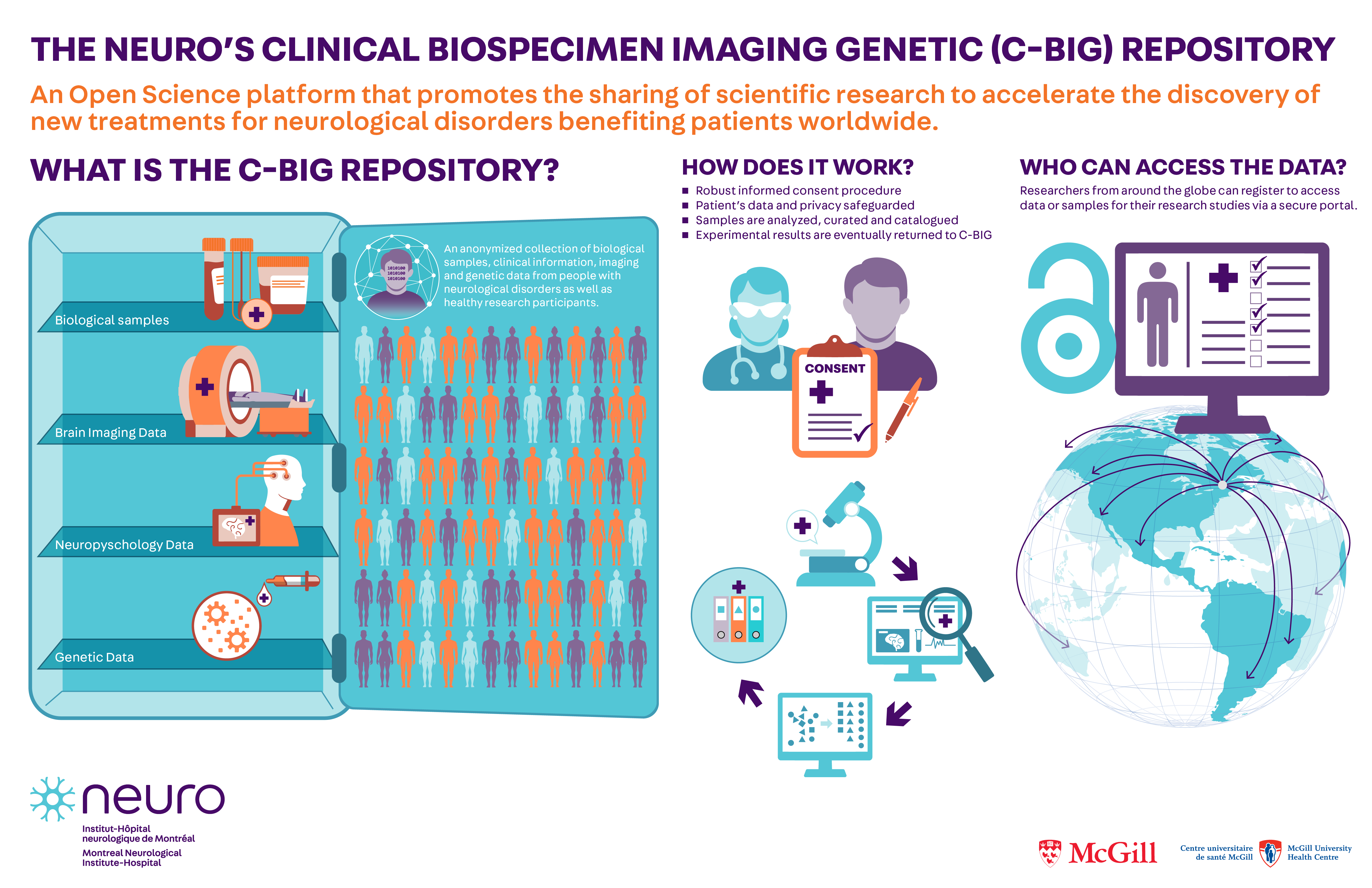
Access The Open Biobank Data Portal

General FAQ
Am I eligible for access?
The Open Biobank data are made as openly available as possible to anyone who needs material for building a study or project, around the world. There are three levels of access: 1) Open access for non-sensitive information; 2) Registered access for more sensitive information including neuro-psychiatric data; 3) Controlled access for all data with a risk of re-identification as well as biospecimens. For access to controlled data, the request will need to be approved by the Tissue and Data Committee before an Open Transfer Agreement is processed by McGill University
What data are available to me?
Data available along samples can vary depending on the research subject. This needs to be discussed and agreed before any further operation.
In addition to a biospecimen inventory, clinical, imaging and genetic data are stored in the Open Biobank. All data stored in the Open Biobank are de-identified to protect the privacy of participants.
Open Biobank biospecimen samples include:
- Blood and derived products (e.g. plasma, RNA, serum, PBMCs)
- Cerebrospinal fluid
- Brain tissue (including grey matter, white matter, deep grey, and spinal cord)
- Skeletal muscle
- Peripheral nerve
- Stool and urine
- Saliva
- Skin
Is there a cost to participate?
No. Access to registered data is free.
Access to controlled data, biospecimens, and additional services is on a cost recovery basis. For more information on the cost for specific services, click here.
What’s the difference between Open Data and a Registered or Controlled Data Account?
Open Data is available to anyone and does not require account creation or approval from the Tissue and Data Committee. Users have access to all openly shared data, but not to registered and controlled data.
Users with a Registered Data Account or Controlled Data Account have access to more resources (including registered and controlled data, respectively) in the Open Biobank. Access to controlled data must be granted by the Tissue and Data Committee before the data can be shared. Users must agree to the terms and conditions of the Open Biobank LORIS.
As explained in the Open Biobank Ethics Framework, the repository contains three tiers to access the data: Open, Registered, and Controlled Access. These levels of access are based on the amount of information the Neuro will know about the individual asking to observe the information, and about the sensitivity of the data or materials this observer wants to make. The Open Biobank consent forms are tailored to individual patients, and a set of procedures for consent, data collection, and sampling that meshes seamlessly into clinic visits.
How does the Open Biobank enable my research?
The Open Biobankis the largest repository for neurological disorders in the world. The Open Biobank gives researchers anywhere access to over 30,000 samples, including biospecimens and clinical information such as neuro-psychiatric testing, imaging, and genetic data from patients with neurological diseases as well as healthy controls. In collaboration with the Neuro’s Early Drug Discovery Unit (EDDU), the Open Biobank offers more than 120 patient-derived cell lines that are available to researchers around the world.
Operating in the Open Science sphere, the Open Biobank allows researchers to pool resources, avoid duplicating experiments, and collaborate in unique partnerships across industry and academia.
For a list of current and past collaborations, click here.
Recent publications can be found here.
What additional services and equipment does the Open Biobank offer?
In addition to the biobank, the Open Biobank team offers personalized and private sample collection, storage rentals (freezers and liquid nitrogen tanks), and consultation services.
What is LORIS?
Developed by the Evans Lab at McGill, LORIS is our laboratory information management system. It allows researchers to query samples and data in real time as well as store multi-modal data including neuro-psychiatric and MR imaging (both clinical and research) data.
Data and Publications
Can I redistribute CBIG samples to third parties?
No. The Open Transfer Agreement does not include distribution to third parties.
Do I need to acknowledge the Open Biobank in my publications?
Yes. Please refer to the following reference paper: https://pubmed.ncbi.nlm.nih.gov/34003431/
Where do I find more information on current and past partnerships with the Open Biobank?
The Open Biobank is involved in more than 45 collaborations with industry leaders, biotech startups, and academic partners. Click here for the full list of collaborations.
Accessing the biobank
How do I login to the Open Biobank database?
The Open Biobank is accessible through Open LORIS, the Neuro’s Open Biobank.
How do I apply for a Registered Data Account?
Login to the Open Biobank Open LORIS portal. Run a query and select “controlled data/bio-specimen request.” This will open a new field where researchers can enter their personal info and a summary of their project. The Open Biobank team will receive this information once submitted and will contact the researchers by email.
What’s the process for requesting controlled biospecimens?
Contact the Open Biobank team at cbig.mni [at] mcgill.ca.
-
Researchers contact our team to discuss the project details, for example the embargo period on data and the type of samples to be collected and/or processed. If researchers are looking for renting storage space in our freezers or tanks, this must also be discussed with the team (including our lab team who organize storage space).
-
To request samples or data for their research, PIs fill out an application that describes their project. Key information researchers must outline includes the inclusion criteria for their study, the volume of requested samples, and the amount of vials they need. Researchers also need to provide an ethics approval (or an exemption letter) related to their project.
The application will be submitted to our Tissue and Data Committee as an official query. The Committee will review the project, assessing the research topic and potential risk for the Open Biobank (if the materials are easily renewable or not, for example).
-
An Open Transfer Agreement (OTA) is issued. The OTA specifies the researchers’ obligations, especially regarding data security and patient privacy. It also specifies the prices per sample. This must be reviewed and signed by both parties, including the researcher and their institution’s legal department.
-
Once the Committee has approved the project and the OTA is signed, the Open Biobank team will discuss shipping details with the researchers.









